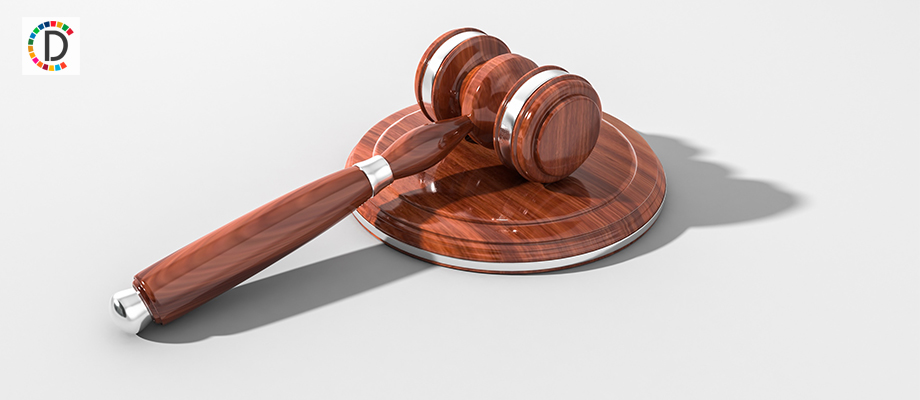In Western Sahara refugee camps, little optimism over frozen conflict
From the deep desert camps in Algeria near the border with Morocco where Sahrawi refugees have lived for decades, the latest diplomatic moves to resolve the long-frozen conflict over their territory feel a long way from resolution. As the new United Nations envoy for Western Sahara arrived for a recent visit to Algeria's Tindouf, where the Polisario Front bases its struggle for the territory's independence from Morocco, children went barefoot despite the January cold.

From the deep desert camps in Algeria near the border with Morocco where Sahrawi refugees have lived for decades, the latest diplomatic moves to resolve the long-frozen conflict over their territory feel a long way from resolution.
As the new United Nations envoy for Western Sahara arrived for a recent visit to Algeria's Tindouf, where the Polisario Front bases its struggle for the territory's independence from Morocco, children went barefoot despite the January cold. "Life is tough here. We are very poor and everything is expensive... we spend the day drinking tea and dreaming of better times," said Bouna Mohamed, a mother of two children who was born in the Boujdour camp near Tindouf.
The conflict between the Polisario and Morocco, which had been paused since 1991, worsened again in 2020 with the group's announcement it was resuming an armed struggle, though there has been no sign of serious fighting. The issue is at the heart of increased friction between Morocco and Algeria, regional powers and neighbours whose frosty relationship has kept the border between them closed for decades.
Last year Algeria cut off all ties with Morocco and has warned of retaliation over a desert incident in which it said three of its citizens were killed. Morocco said Algeria was unjustified in cutting ties. Diplomats and analysts see little sign yet of this escalating into armed conflict, but the heightened tension has raised concerns and reawakened interest in the dispute.
Staffan de Mistura, the new U.N. envoy, this month visited Morocco, Algeria, Mauritania, and the camps in Tindouf, where the Polisario has established what it calls a Western Sahara government. MISERABLE CONDITIONS
Journalists given access to Tindouf by Algeria and the Polisario for de Mistura's visit saw miserable conditions at the camps, where tents have been replaced by concrete huts with only weak power supply. "Like the other U.N. envoys he's powerless. The key to a solution lies with the hands of the U.N. Security Council states," said Mohamed.
Morocco regards Western Sahara, a Spanish colony until the mid 1970s, as part of its own territory, says it will offer no more than regional autonomy to the inhabitants, and sees the Polisario as a proxy force for Algeria. The Polisario, which fought the Spanish army before Morocco, says it is fighting for self determination for the Sahrawi people, a struggle Algeria says it supports.
For years most countries had backed the idea of a referendum to resolve the issue - agreed on as part of a 1991 ceasefire between Morocco and the Polisario. However, there was never agreement on how that would take place and in recent years even the U.N. has stopped referring to the idea of a vote, speaking instead of seeking a realistic, mutually acceptable solution based on compromise.
In late 2020 Washington agreed to recognise Moroccan sovereignty over Western Sahara but European countries have not followed suit. In the Tindouf camps, people said they were still hoping for a referendum.
"Why is he visiting if it's not about the referendum," said Saydet Hmida, 24, who was born there. Algeria says 165,000 Sahrawi refugees are in Tindouf. The U.N.'s refugee agency UNHCR has said it provides assistance to an estimated 90,000 refugees there.
Morocco debates both numbers, saying the true figure is much smaller and accusing the Polisario and Algeria of keeping Sahrawis in the camps against their will as political pawns and says they prevent a head count in the camps. Mohamed and others Reuters spoke to in the camp, without any Polisario escort, said they supported independence.
"I don't want my kids to live in the camp as I did and my mother did," said Mohamed.
(This story has not been edited by Devdiscourse staff and is auto-generated from a syndicated feed.)










